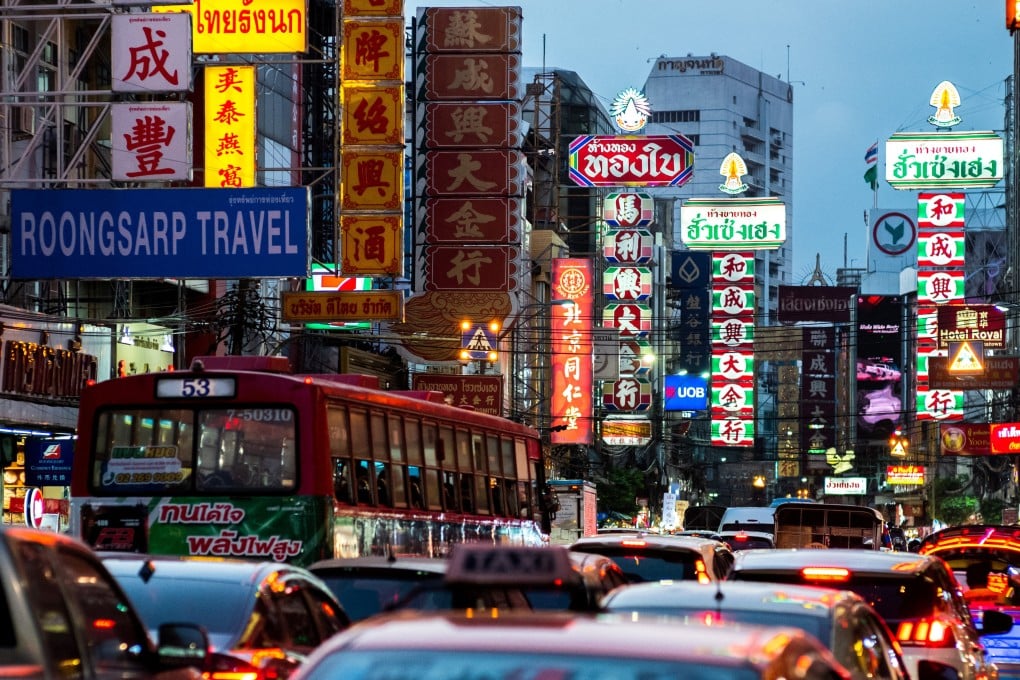Are Thailand’s ‘weak laws’ turning Bangkok heritage area into a ‘China town’?
- Recent news reports, including arrest of alleged gangster ‘Tuhao’, spotlight illegal, lucrative enterprises run by Chinese nationals in Thailand
- Observers say the country must better protect local businesses as Thai-Chinese residents say new money from mainland China is squeezing them out

Recent headlines about illegal, lucrative enterprises run by Chinese nationals in Thailand have thrown a spotlight on the vast finances and connections with people in power that outsiders are able to make.
A case in point was the arrest of an alleged Chinese gangster called ‘Tuhao’, who is accused of running a nightlife and drugs empire for mainly Chinese customers. He has had more than US$300 million worth of assets seized by Thai authorities.
But as China reopens its borders – and Bangkok gets ready for the scheduled return of tour groups from the country in early February – a new sore point has emerged: surging competition from Chinese citizens running restaurants, massage parlours and souvenir shops in the historic zone.

“Thai law is very lenient for foreigners,” read the post. “Chinese, with only tourist visas, can open a restaurant, a massage shop or any shop. Visit Yaowarat and Sampeng (a famous open-air market) and you will find shops that are run by Chinese – some through Thai nominees – instead of Thai-Chinese like before.”
